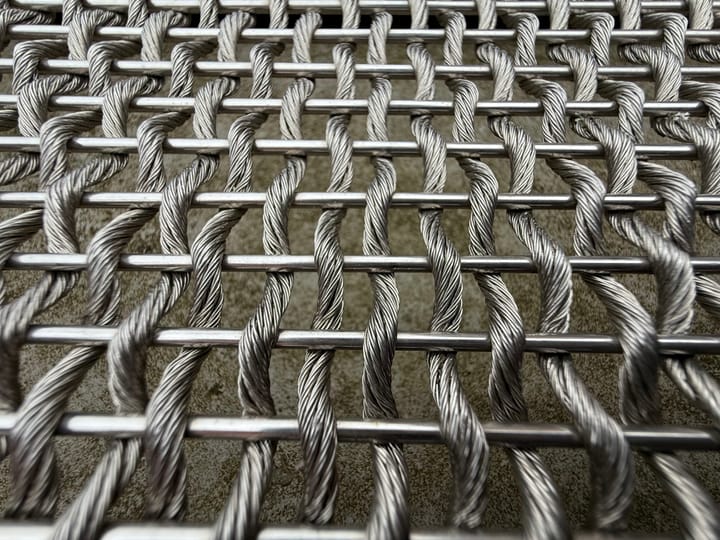Ideas come cheap
Ideas often seem great, but what is an idea if it is never executed upon with its full potential?

At university, I was trained to have ideas — to see gaps in between the individual pieces of knowledge, and to seize them as opportunities to move the needle forward. Ideas are a currency, yet executing on those ideas feels undervalued.
I am grateful for the years I spent training that kind of creativity. It still brings me joy to have or learn about ideas that make me shift my perspective. This continuous sponging of information and perspectives also means that at most times in my life, I have more ideas than I can implement.
Starting a business is exactly the opposite of idea generation - it is committing to an idea. It means taking an idea beyond its initial conception, taking care of it from germination until it is a full-blown tree. At that point it will still require care, even though it is changing only minimally.
I can only take care of a few ideas with such a commitment.
As a result, having ideas is now incredibly cheap to me. I have running tabs for ideas everywhere: The notes app on my phone, a whiteboard in the office, individual sheets of papers stuck in jackets and pants, stickies on random objects.
Ideas are in oversupply in my life.
What is in undersupply is the energy to implement and take care of those ideas. This makes sense, because having an idea can take a few minutes, but caring for it may take years. Sometimes it is scary to commit to an idea, knowing another idea might be around the corner. But that’s the thing, by committing to an idea it also grows into something much more beautiful than a shiny new idea.
Before founding a startup, I would not understand this and simply get excited by new ideas. I would run with it and leave a conversation with an entire new pathway opened up in my mind. I would end up with more projects than I could handle, leaving me feel exhausted and like I was not living up to my own standards. By overcommitting, I could not take care of the ideas at all, leaving them malnourished.
At times, I will still indulge myself and entertain a gazillion ideas, but I learned to be realistic and won’t commit to most of the ideas. Not because of a lack of want, but because of a lack of resources.
Many ideas wither quickly when they leave the realm of thinking. My mentor and friend, Peter Murray-Rust put it like a true scientist: If having an idea takes one unit of energy, taking it to the next level costs more energy (say N units of energy). Because committing to an idea often involves k steps (e.g., finding collaborators, project plan, funding, realisation, maintenance), you will quickly end up with N1 × N2 × ... × Nk energy, so know that is what you are committing to.
My message is: Have a lot of ideas, and do yourself the favor of not committing to most of them. It makes the ones you do commit to so much more valuable.



